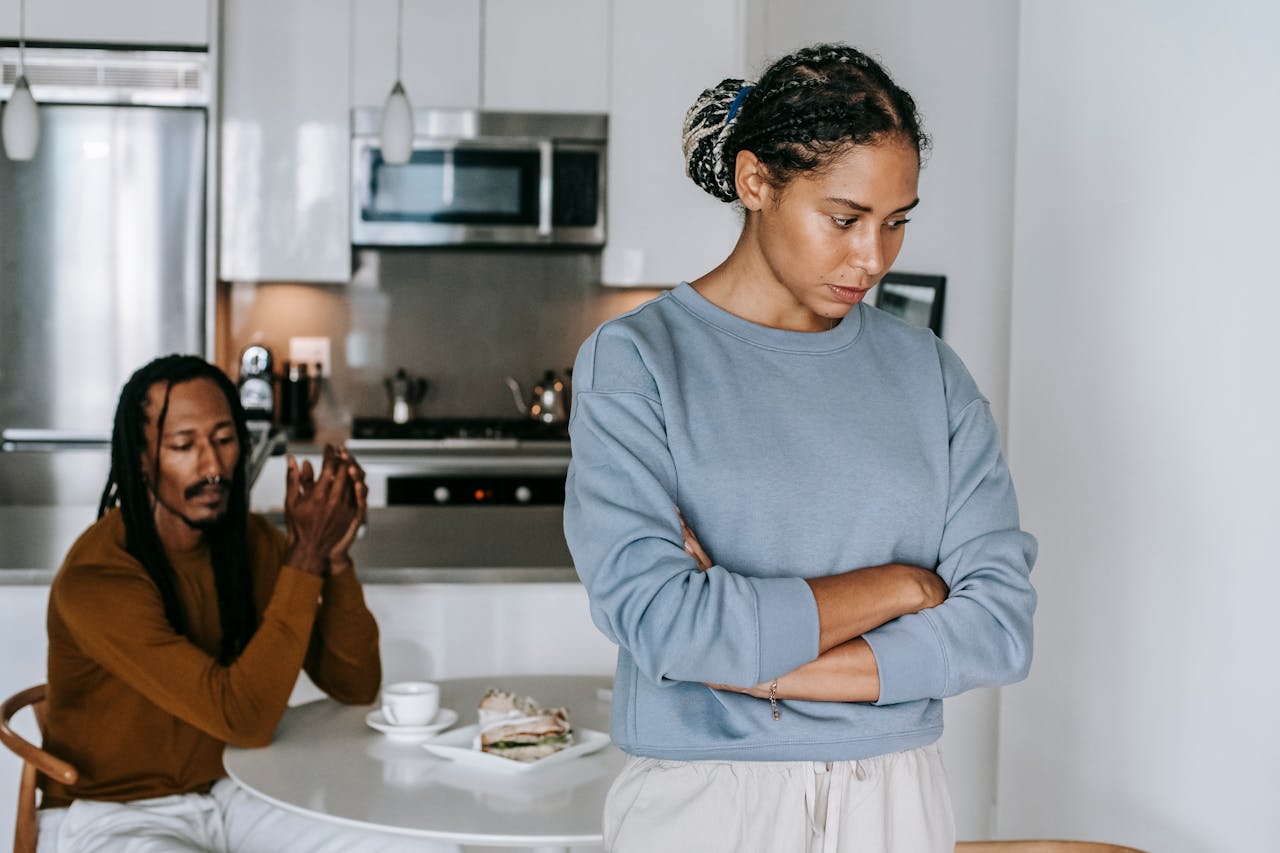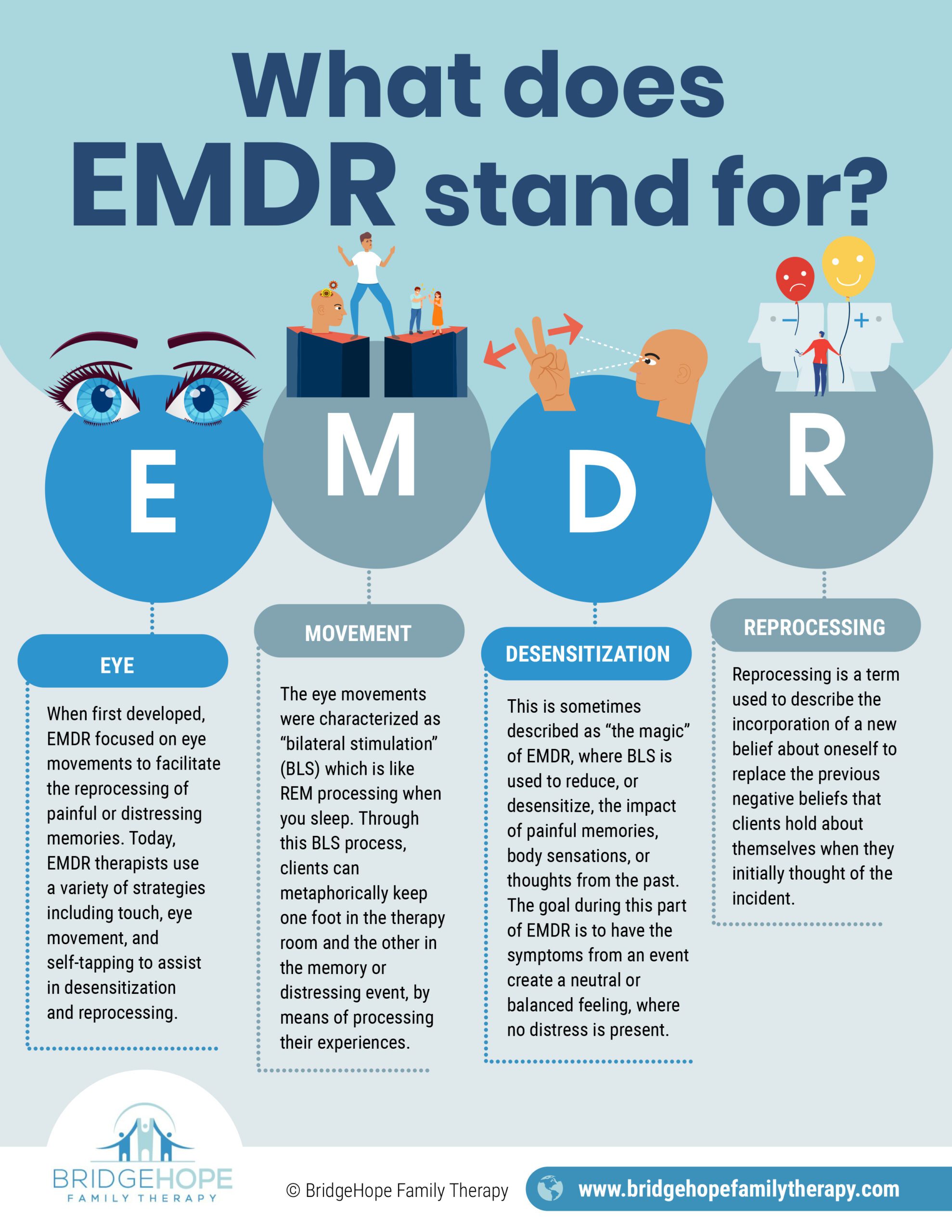People pleasing in romantic relationships
People-pleasing sounds harmless. But when it shows up in relationships, it can quietly turn into something more damaging. You start saying yes when you don’t want to. Then, you ignore red flags just to keep the peace. You make yourself smaller, so things don’t get tense. In other words, people pleasing affects romantic relationships adversely because it creates an uneven dynamic where one person gives more, bends more, and eventually starts to disappear a little. Not because they don’t care about themselves – but because they’ve learned to believe their needs come second. If any of these hits close to home, this post is for you. We’ll break down where people-pleasing comes from, how it shows up in relationships, and what you can do to start breaking the cycle.
The root cause of people-pleasing in romantic relationships
People don’t just wake up one day and decide to become people-pleasers – it doesn’t work like that. No, people-pleasing starts a lot earlier – typically in early childhood. Maybe you were taught when you were little that staying quiet kept the peace, or that being helpful got you praise. Such behavior became second nature because it felt safe.
And when that kind of pattern repeats for long enough, it sticks. You grow up thinking it’s just part of your personality, being easygoing, flexible, low-maintenance. But studies show there’s more to it than that. One study found that people who score high in people-pleasing tendencies also tend to report lower mental well-being, even in otherwise healthy groups. So, no, it’s not just a harmless habit. It’s a stress response. One that starts young and runs deep.
Of course, the pattern doesn’t just disappear when you get older. It follows you throughout your life. Yes, even when you start dating. This is when you might find yourself going along with things to avoid tension. You might start swallowing your opinions, softening your tone, or worrying that saying how you really feel will push the other person away. Not because you’re trying to lie…it’s because somewhere along the line, it started to feel risky to take up space.
So instead, you shrink yourself. You do the emotional work to keep everything smooth, to make sure your partner is comfortable, even if you’re not. And over time, that becomes your role. The one who adjusts. The one who gives. And the one who doesn’t make a fuss.
How people pleasing affects romantic relationships
People-pleasers are usually great at keeping the peace. Although they often do it at their own expense.
At first, it doesn’t feel like a problem. You just want your partner to feel good, so you g

o along with things and put their needs first. That seems like the right thing to do – right? But after a while, it all starts getting…too much. You start feeling anxious, maybe even resentful. Yet, you keep it in. You tell yourself it’s not worth the fight, plus, you don’t want to seem difficult or demanding. And slowly, without really meaning to, you lose track of where you end and they begin.
That’s the part no one talks about – the fact that people-pleasing messes with your sense of self. You start questioning whether you’re allowed to say no or if your needs even matter. This becomes even more complicated in relationships where addiction is present. And this is exactly why it’s so important to protect yourself with healthy limits. The instinct to “keep the peace” can make it harder to draw lines, but that’s exactly when boundaries are most important. Setting limits isn’t rejection, but rather it’s protection, for you and for your loved one. Simple rules like no-cash support, limiting contact during unhealthy behaviors, or requiring sober visits create structure. They help you stay grounded while also encouraging your partner to take responsibility.
Caption: Over time, people pleasing affects romantic relationships by creating patterns where one partner gives more than the other.
Alt. text: A woman serving food while her partner lies down, showing an imbalance in effort.
When love turns into performance
Do you know when people pleasing affects romantic relationships the most? When it leads to love becoming nothing but an act.
Let me explain.
You’re not purposely trying to be fake. But after enough time spent pleasing, adjusting, and keeping the peace, it starts to feel like love only “works” if you keep being the easy one. The agreeable one. The one who doesn’t ask for too much.
So you tone things down. You laugh things off. You act fine when you’re not.
And maybe your partner never asked you to do that, but you still end up there. Because somewhere in the back of your mind, there’s this quiet belief: If I make things hard, they’ll leave.
That’s really what sits at the heart of it – a fear of abandonment that keeps you performing. And it’s exhausting.
How does it damage trust and real connection?
When you’re constantly focused on keeping things calm, you stop being fully honest. Not just with your partner, but with yourself too.
You might think you’re protecting the relationship by keeping the peace, but what actually happens is your partner never gets to know the real you. They only see the version that agrees with everything they do, avoids conflict like the plague, and always says “it’s fine.”
That kind of thing chips away at connection. They sense something’s off. You start to feel a little invisible. Conversations stay surface-level. And even if things seem “good,” there’s this weird undercurrent of distance neither of you can really name.
And guess what? You can’t build trust if you’re always hiding parts of yourself just to be easier to love.

The impact on attraction, intimacy, and long-term connection
Being overly accommodating can mess with attraction, believe it or not.
When you’re always agreeable, always available, always putting the other person first… it stops feeling like a relationship between two equals. And whether your partner realizes it or not, that imbalance can start to mess with the dynamic.
At some point, they stop seeing you as a full person with your own thoughts, needs, and boundaries, and start seeing you as just… nice. Easy. Predictable. And the truth is, attraction usually needs a bit more than that.
And it’s not just about attraction. It’s the emotional side, too. Intimacy needs honesty. It needs friction sometimes. It needs two people who are actually showing up as themselves. If you’re stuck playing the role of the supportive, low-maintenance partner 24/7, there’s no room for closeness – just constant self-editing.
Caption: Learning to say “no” without guilt is one of the first steps to breaking the people-pleasing cycle.
Alt. text: A woman holding a megaphone standing between signs saying “No” and “Please,” symbolizing setting boundaries.
How to break the cycle (without beating yourself up about it)
If you’ve been people-pleasing for a long time, it’s no surprise that it shows up in your relationships. And now that you’ve seen how people pleasing affects romantic relationships, the next step isn’t to panic…it’s to get curious. Where did this come from? What are you afraid might happen if you stop? Breaking the pattern starts with you catching those moments where you say “sure” but don’t mean it, where you feel your chest tighten a little after agreeing to something.
That’s your cue – not to freak out, but to check in with yourself and set boundaries. And yeah, the guilt might show up. That voice that says, You’re being selfish, you’re making things hard. But here’s the thing: you’re not. You’re just starting to take up space in your own life. That’s not selfish – that’s healthy. So, take your time. You’re allowed to unlearn the habit. You’re allowed to take up space. And you’re absolutely allowed to stop performing and actually show up as yourself.
Therapist Utah county
You or your partner likely learned people pleasing as a coping strategy for surviving childhood, whether it was at home, at school, or another location. Chances are, it helped you then; however, the present is showing you that it’s not helping now. Come to therapy and work with me; let’s get this sorted out.




